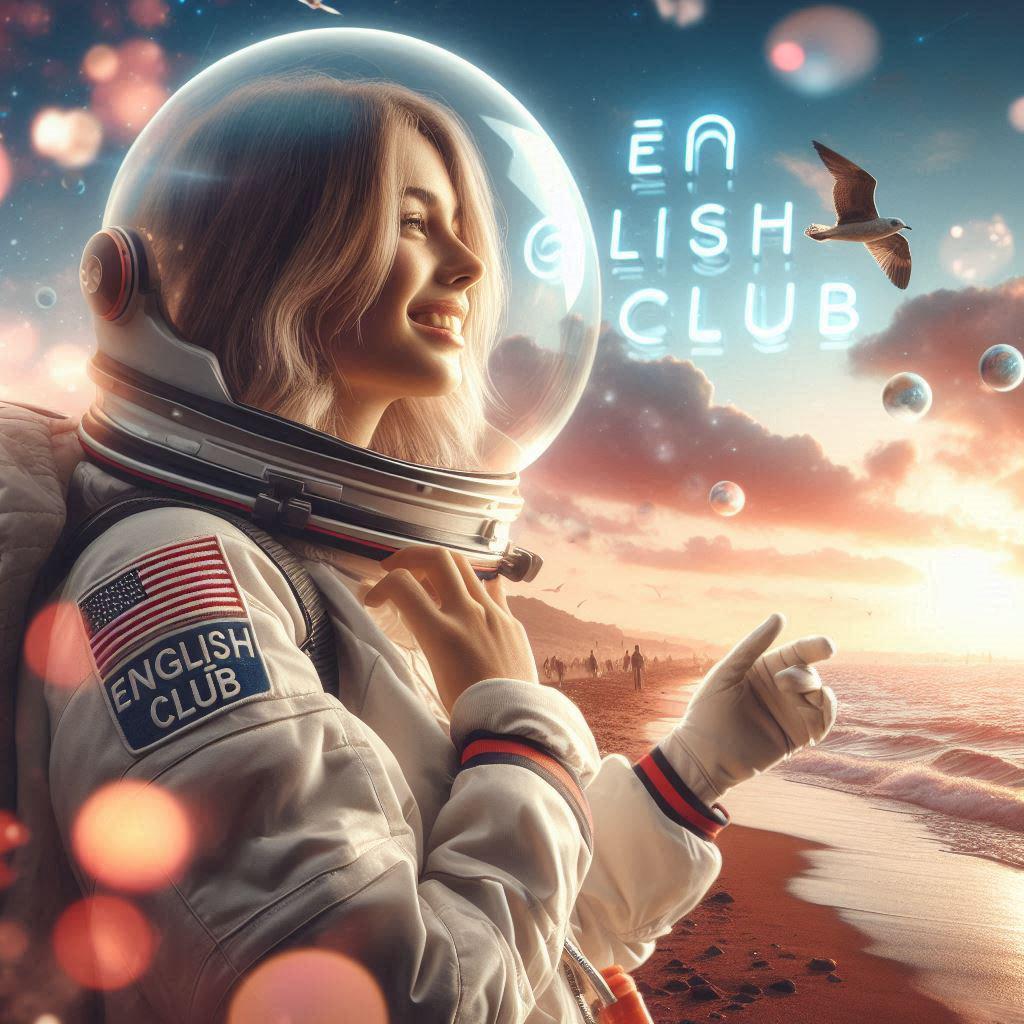Would you like to master one of the most versatile words in English? Let me tell you a story to show how "would" can be used in real-life situations, and then I’ll explain how you can use it effortlessly.
The Curious Case of the Lost Wallet
Imagine this: Maria, a teacher from Bogotá, was on her way to a conference in Madrid. She would always double-check her belongings, but this time, something unusual happened. When she arrived at the airport, she realized she had left her wallet in the taxi! Maria panicked. "What would I do without my wallet?" she thought.
A kind stranger approached her. "Would you like me to help you contact the taxi company?" he asked. Maria hesitated but decided to accept. "I wouldn’t usually take help from strangers," she said, "but I really need to get to the conference on time."
Thanks to the stranger’s generosity, Maria made it to the conference. She later reflected, "I would have missed the conference if that kind man hadn’t helped me."
How to Use "WOULD"
1. Affirmative Sentences
"Would" expresses intentions, habits, or preferences:
- Past habits: As a child, I would ride my bike every day.
- Future possibilities: I would love to visit Paris one day.
2. Negative Sentences
It shows refusal or improbability:
- Refusal: He wouldn't listen to my advice.
- Impossibility: That wouldn't be a smart idea.
3. Questions
"Would" can ask about preferences, hypothetical situations, or offers:
- Preferences: What would you like for dinner?
- Hypotheticals: If you were rich, where would you live?
- Offers: Would you like some tea?
Using "WOULD" in Practice
Hypothetical Situations
"Would" often appears in "if" sentences:
- If I had more time, I would travel the world.
- She wouldn't be late if she left earlier.
Preferences and Politeness
Use "would" to sound polite and formal:
- I would like a coffee, please.
- Would you help me with this?
Repeated Past Actions
To describe past habits or routines, replace "used to" with "would":
- When I was a kid, I would build treehouses every summer.
Practice:
- Rewrite the following sentences using 'would':
a. "If it rains tomorrow, I will stay home."
b. "She always took the bus to school when she was younger." - Complete the sentences:
a. "If I won a million dollars, I ______ buy a big house."
b. "What ______ you do if you saw a celebrity in a café?" - Create two sentences using 'would' to describe something polite or hypothetical.
Reading Comprehension Questions
- Why did Maria panic at the airport?
- What did the kind stranger offer to do for Maria?
- Why did Maria decide to accept the stranger’s help?
- What would have happened if the stranger hadn’t helped Maria?
- What is one way 'would' is used in reported speech?
Open-Ended Questions
- Have you ever been in a situation where someone helped you unexpectedly? What happened?
- How do you think 'would' makes conversations sound more polite?
- Can you create a short story using 'would' to describe a past habit or a hypothetical situation?
Conclusion
"Would" is a powerful tool in English, helping you talk about the past, express polite requests, or imagine new possibilities. Like Sofia in the story, use "would" to make your sentences richer, more dynamic, and full of life.
In Spanish, we can say that "Would" is the ending '-RIA' when you combine it with any verb, example: He would come to Madrid but now he can't because of his work (Él vendría a Madrid pero ahora...).
Vocabulary and Expressions List
- Versatile - Able to adapt or be used in many different ways.
- Affirmative - Positive or agreeing.
- Hypothetical - Based on imagined scenarios.
- Preferences - Choices or likes.
- Politeness - Showing good manners or respect.
- Negativity - Pessimistic or critical behavior.
- Dynamic - Full of energy or new ideas.
- Improbability - Unlikeliness of something happening.
- Intention - A plan or purpose.
- Refusal - Declining or saying no.
